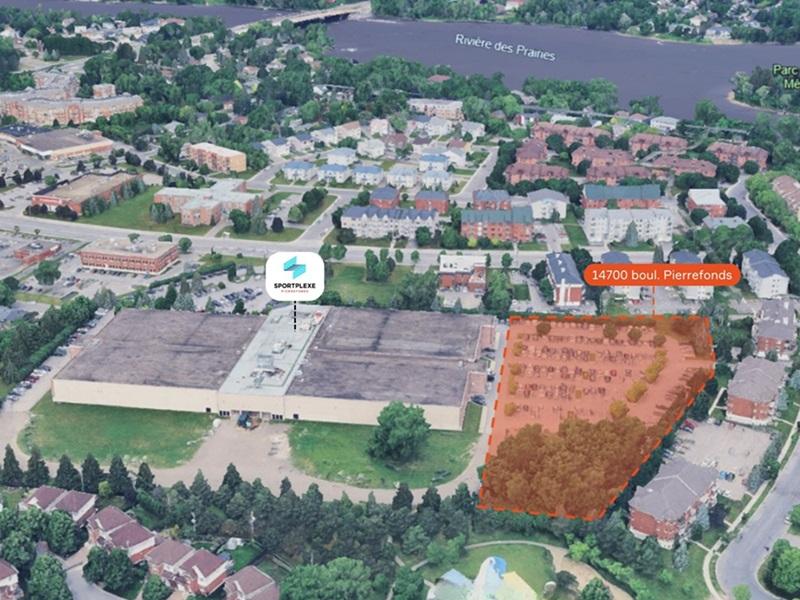
Gina Phillips, WeWork’s vice-president and general manager for the Northwest region. (Courtesy Gina Phillips)
There is no doubt WeWork has become a disruptive force in the global office leasing market, but it remains unclear whether the co-working giant can maintain its rapid ascent in the market while remaining a friend to landlords.
WeWork, valued at an estimated $42 billion, has been attempting to spread the message that its business model can boost profits for landlords and the brokerage business as long as building owners get on board with the shared workspace model.
“We’re opening about one-and-a-half-million square feet each month, every month, around the globe,” said Gina Phillips, WeWork’s vice-president and general manager for the Northwest region. She spoke with RENX ahead of her appearance as a panelist at the Vancouver Real Estate Forum on April 4.
In major markets like London, Manhattan and Vancouver, WeWork is now the top occupier of space, she said.
“We’re not going anywhere”
“We’re not going anywhere and we want to share the upside with the landlords,” Phillips told RENX. “We can make landlords more money.”
Co-working brands currently account for about 830,000 square feet of office space in Vancouver, with Spaces (by Regus) and WeWork taking up the vast majority. Much more local co-working space is coming.
However, WeWork has ruffled the feathers of some landlords and office brokers who find themselves squeezed out by the co-working giant’s massive leasing spree, its transition toward hosting larger users and the blurring of the line between its own role as tenant and landlord, according to a Bloomberg report late last year.
Bloomberg said 30 per cent of WeWork’s members now work at companies with 1,000 or more employees and it’s increasingly taking over large tracts of office buildings for large, single tenants. In some cases, commercial office brokers find themselves left out of the equation.
Allied Properties REIT (AP-UN-T), for one, says it won’t lease space in its buildings to WeWork. Meanwhile, GWL Realty Advisors has said publicly it is dubious about the effects co-working could have on its properties in the eyes of other tenants.
WeWork touts tenant access, property values
Phillips told RENX the company regularly works directly with brokers and can help to make landlords more money.
“When WeWork has a presence in a building, we can help generate as much as 29 per cent in rent premiums for landlords,” she said. “We (can also) increase the real estate value.
“We’ve seen landlords being able to sell their buildings after WeWork was in them at prices 50 per cent to even 120 per cent more,” she said. “We are unlocking business that would otherwise be inaccessible to the building landlord.”
Phillips said the company, which now has 425 sites in 100 cities, is moving beyond the “traditional landlord-tenant relationship” toward a partnership format allowing landlords to “share in the upside that we generate.”
She said it has started to develop rent-share models in which landlords can make more money than by leasing directly to a tenant who is a WeWork member.
“Landlords are approaching us with space because either they don’t know how to make it into flexible workspace – and they know that we are the expert and we know what people want – or they’re looking to recondition some kind of asset or activate a neighbourhood,” she said.
Business model a fad?
The other major source of skepticism about the WeWork business model (and the one Phillips intends to address at the Vancouver forum) is whether WeWork and the co-working sector is a fad.
By next year, about 40 per cent of the workforce will be independent, Phillips said. The world’s burgeoning workforce of freelancers and small start-ups aren’t going to be looking for thousands of feet of office space.
“Landlords need to invest in some sort of mechanism to reach that segment of the market,” she said.
WeWork says it can help landlords figure out exactly what people want from their office space, which the New York-based company says is increasingly about finding a sense of community, purpose and fulfillment.
WeWork also claims to be unlocking huge segments of the workforce to landlords who can’t attract them with traditional office designs, footprints and leasing networks.
Phillips said WeWork’s biggest problem is finding the space it needs, especially in low-vacancy markets like Toronto and Vancouver. “We want to have more locations than we have, but the market is tight and there is a lot of competition.”







